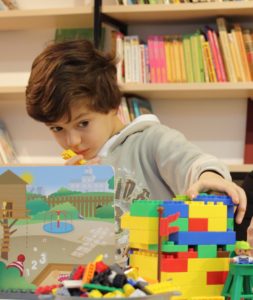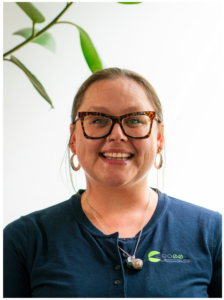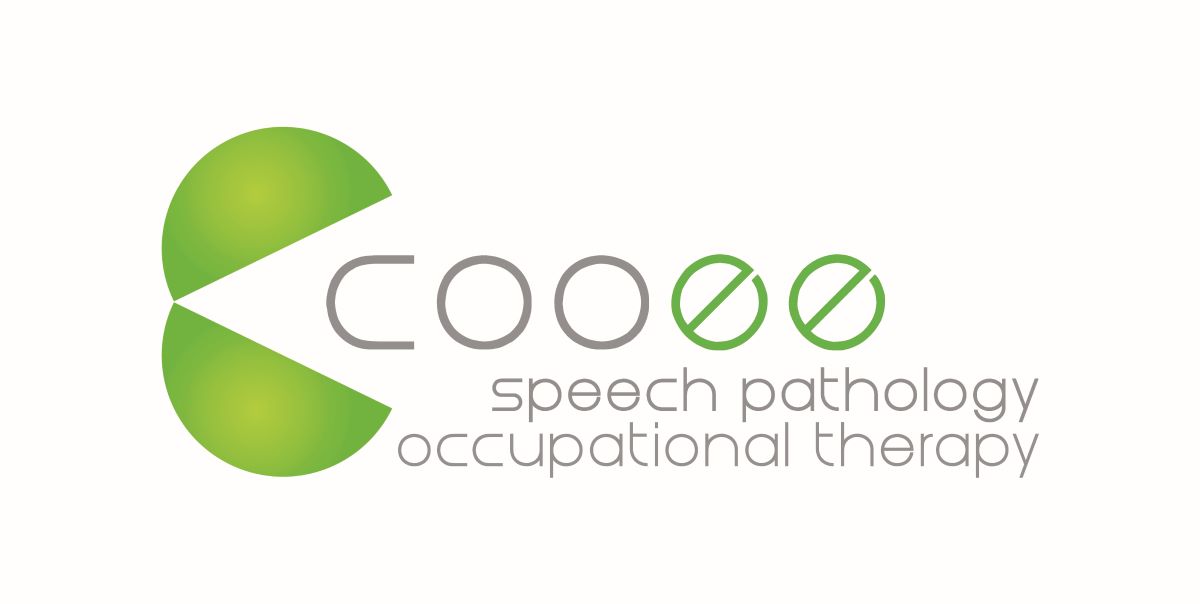Every Child Is Unique: Supporting Mental Health Through Connection and Relationship
 At Cooee Speech Pathology and Occupational Therapy, we believe that every child is unique—not just in how they communicate or play, but in how they feel, relate, and grow.
At Cooee Speech Pathology and Occupational Therapy, we believe that every child is unique—not just in how they communicate or play, but in how they feel, relate, and grow.
Mental health development in early childhood is deeply shaped by relationships, emotional safety, and the way adults respond to a child’s needs. That’s why our practice is grounded in evidence-based, relationship-first frameworks like Circle of Security and DIR/Floortime.
Throughout my career, I’ve had a key focus in supporting families and children from diverse backgrounds with trauma-informed practice. This has led to a keen interest in developing an understanding around mental health and development, alongside my Speech Pathology practice.
Circle of Security: A Map for Emotional Safety
As a trained Circle of Security facilitator, I use this framework to support families, clinicians, and educators in understanding the emotional needs that sit beneath a child’s behaviour. COS is not a set of techniques—it’s a lens for seeing the child’s inner world. The key principles of COS are:
- Secure Base & Safe Haven: Children need caregivers who can support their exploration and welcome them back when they feel overwhelmed. This back-and-forth is the foundation of emotional resilience.
- Reading the Cues: COS helps adults recognise when a child is seeking comfort, connection, or independence—and respond with attunement rather than correction.
- Repair Builds Strength: No one gets it right all the time. COS teaches that rupture is part of relationships, and repair is where trust grows.
When families and clinicians adopt COS principles, they create environments where children feel safe to express themselves, regulate emotions, and build secure attachments—key ingredients for lifelong mental health. In time, we hope to offer COS groups for caregivers at Cooee.
DIR/Floortime: Emotional Growth Through Play
DIR/Floortime, developed by Dr. Stanley Greenspan, is a relationship-based approach that supports emotional and developmental growth through attuned, playful interaction. It’s especially powerful for children with autism, ADHD, sensory differences, or trauma histories.
- D – Developmental: We meet each child where they are, supporting foundational capacities like regulation, engagement, and shared attention.
- I – Individual Differences: Every child processes the world differently. DIR respects sensory profiles, motor planning, and emotional rhythms.
- R – Relationship-Based: Floortime means joining the child’s world—on the floor, in play, in joy—and gently expanding their circles of interaction.
These “circles of communication” go beyond simple play; they are crucial brain-building interactions that foster emotional regulation, social connection, and self-expression. DIR/Floortime beautifully complements the Circle of Security framework by emphasizing the importance of recognizing a child’s cues, responding with warmth, and establishing a secure environment for development.
Furthermore, it supports AAC and neurodivergent communication styles by recognizing and valuing all forms of expression, including gestures, sounds, movement, and play themes. At Cooee, all our clinicians receive foundational DIR/Floortime training, with many pursuing further advanced training throughout their careers.
Supporting Mental Health—For the Child and Family
Mental health in childhood isn’t just about managing anxiety or behaviour—it’s about helping children feel safe, understood, and connected. When we use COS principles and DIR/Floortime, we:
- Create emotionally safe spaces for children to express and explore
- Support co-regulation between child and caregiver
- Reduce stress and frustration through attuned responses
- Build caregiver confidence and insight
- Strengthen the parent-child bond, even in challenging moments
This approach doesn’t just support the child—it uplifts the whole family. When caregivers feel empowered and connected, they’re better able to support their child’s emotional needs and advocate for their development.
Our Commitment at Cooee
We don’t believe in one-size-fits-all therapy. We believe in:
- Relationship-first practice
- Neurodiversity-affirming support
- Emotionally safe environments
- Evidence-based frameworks that honour the whole child
Our ultimate goal is to foster mental well-being through meaningful connections, whether we are guiding parents with bedtime routines, offering clinical supervision, or helping children develop emotional regulation through play. When a need falls outside our area of expertise, we are committed to collaborating with families to connect them with appropriate resources and support networks.
At Cooee, we integrate research with real-world wisdom. Our core values of care, excellence, progress, momentum, growth, innovation drive our team and processes to ensure that we provide neurodiverse affirming practice that is flexible and inclusive. We tailor evidence-based interventions to each family and child’s needs. We also have a community focus on empowering the wider community through advocacy, education and providing practical and relevant strategies and tools.
Whether your child is learning to speak, sign, gesture, or use a device, we’re here to walk alongside you—with clarity, compassion, and connection.

Written by Libby Hall, Speech Pathologist & Community Lead, September 2025
Reference List
-
Bowlby, J. (1980). Attachment and Loss: Volume 1. Attachment. Basic Books.
-
Hoffman, K. T., Marvin, R. S., Cooper, G., & Powell, B. (2006). Changing toddlers’ and preschoolers’ attachment classifications: The Circle of Security intervention. Journal of Consulting and Clinical Psychology, 74(6), 1017–1026.
-
Cassidy, J., Woodhouse, S., Sherman, L. J., Stupica, B., & Lejuez, C. W. (2011). Enhancing infant attachment security: An examination of treatment efficacy and differential susceptibility. Development and Psychopathology, 23(1), 131–148.
-
Huber, A. T. (2022). Effectiveness of the Circle of Security intervention in an Australian community-based clinical population: A consecutive cohort study. Macquarie University Thesis
-
Circle of Security International. (n.d.). Circle of Security Parenting Program Overview
-
Greenspan, S. I., & Wieder, S. (2006). Engaging Autism: Using the Floortime Approach to Help Children Relate, Communicate, and Think. Da Capo Lifelong Books.
-
Early Years TV. (n.d.). Stanley Greenspan’s DIR/Floortime Method for Child Development
-
The Hanen Centre. (2024). Neurodiversity-Affirming Practice: How Hanen Programs Fit
